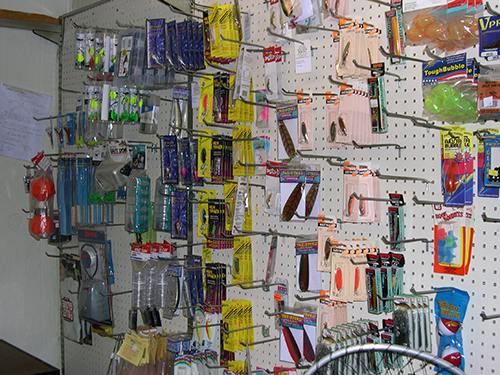With the Thanksgiving holiday over, fall is well under way and winter is right around the corner. Many RV owners like to use their RVs for as much of the year as possible, and are thinking about ways to go RVing over the winter holidays. Winter can be one of the most beautiful seasons for traveling in the RV as numbers are way down at every RV campground, and there is a stilled beauty to the world. However, camping in the cooler seasons in an RV calls for special attention to the unique factors of the season – namely, the cold (sometimes freezing) temperatures, special weather conditions, and shorter days.
Prep Your RV before Leaving Home
The most important thing to do before leaving home is to make sure that your RV is in good condition to tackle the winter. Even if your RV is not the most modern with the best insulation, you can make do and even improve insulation in certain places. Check the seals around the windows, doors, and vents. If the seals are not tight, hot air will escape and waste energy, costing you more. It is easy to buy some caulk at the home improvement store and re-caulk the seals yourself. Check weather stripping as well, which can make a big difference in preventing cold drafts from slipping in.
Holding Tanks
Be sure to empty the gray and black water tanks before leaving. To prevent your dump valves from freezing, add about a quart of special pink antifreeze liquid to each tank—depending on the size of your tank. Also consider insulating pipes leading out from each. If you will be camping in temperatures below freezing for more than a month, then another upgrade to consider would be adding electric tank and pipe heaters.
Water Pipes
If you are camping in below freezing temperatures, you must make sure that the water in your pipes is flowing. Otherwise it will freeze, and this can cause massive damage to your plumbing system – which would be very expensive to fix. To prevent this from happening, it can be helpful to wrap your exposed pipes in heat tape, which can be purchased at any home improvement store.
Insulation
If you want to minimize the space that you need to heat, in the case that your RV is very large – you can block off the cockpit or other portions with an insulated curtain. Why heat spaces that you will not be using? It is a costly waste of energy. An insulated curtain blocks these spaces off from being needlessly heated.
Stabilizing Jacks
These can freeze overnight and overtime to the cemented landing pads. To prevent this, place blocks of wood under them. That way, your winterized RV will be ready to go when you are.
Heat Your Cabin
The best option to heat your RV is to use the forced-air furnace. However, this will use more LP gas than your other LP gas appliances. Be sure to fill your LP gas tank before you leave on your trip. If you are not plugged into an external source of electricity, the forced-air furnace will quickly drain your battery—run it on low, and consider supplementing heat with ceramic heaters which work quite well.
If you are feeling a little overwhelmed after reading this, don’t stress too much, but think about the gain. RV camping in the winter can be a wonderful adventure, and given the right amount of preparation, even a first-time winter camper can have a successful experience. Treat your RV as you would treat any important piece of outdoor gear—take care of it and use it wisely, and it will take care of you by providing a cozy respite in the dark and cold of winter.



